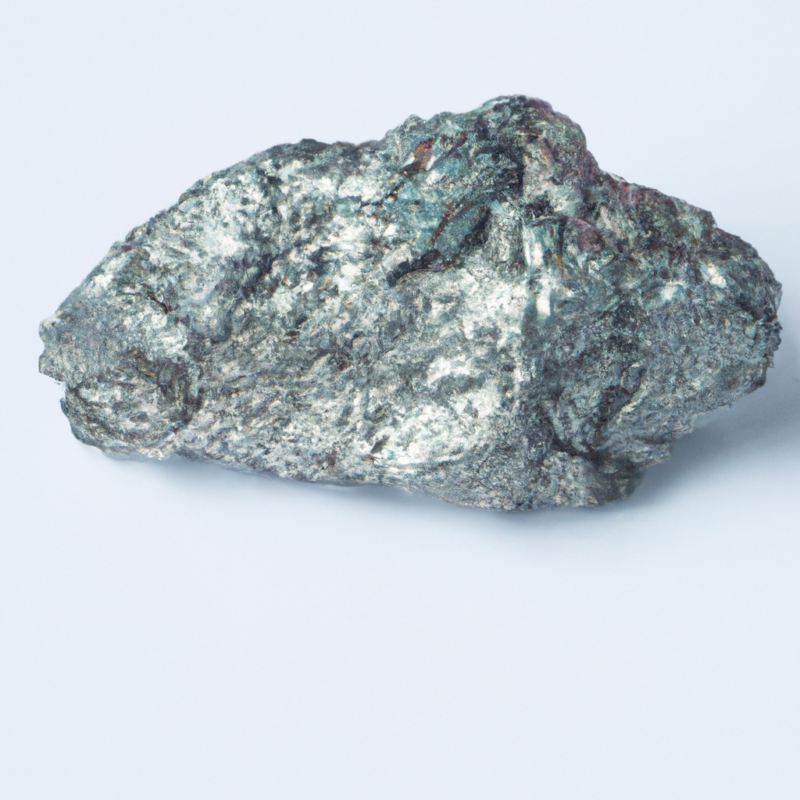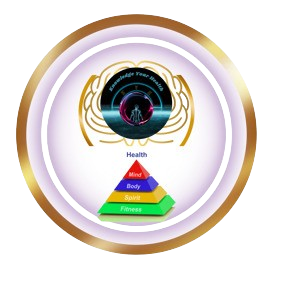Boron: The Bone Builder and Hormone Helper
It may not be as famous as some other minerals, but it plays a vital role in maintaining bone health, supporting hormone balance, and promoting overall well-being. Often overlooked, it is an essential trace element that deserves more attention for its diverse health benefits. Let’s explore why it is important, how much we need, and where to find it in our food.
Why is Boron Important?
Boron acts like a multitasker, helping out in several important areas of our health:
1. Bone Health: It plays a role in bone metabolism and may help improve bone density, making it beneficial for bone health and potentially reducing the risk of osteoporosis.
2. Hormone Balance: It supports the body’s natural production and regulation of hormones, including estrogen and testosterone, which are essential for various physiological processes and overall well-being.
3. Brain Function: Some research suggests that this can may play a role in cognitive function and brain health, although more studies are needed in this area.
4. Wound Healing: It is involved in wound healing processes and may help promote faster healing of cuts, bruises, and other injuries.

Healing Dosages of Boron
The recommended daily intake of varies depending on age, gender, and individual health status. Here’s a general guideline:
- Infants (0-6 months): 0.2 mg (milligrams)
- Infants (7-12 months): 0.5 mg
- Children (1-3 years): 1 mg
- Children (4-8 years): 2 mg
- Children (9-13 years): 3 mg
- Teens (14-18 years): 4 mg for males, 3 mg for females
- Adults (19 years and older): 4 mg
It’s important to note that excessive intake can lead to boron toxicity and potential adverse effects, including gastrointestinal issues, skin rash, and neurological symptoms. Therefore, it’s crucial to stay within the recommended daily limits unless advised otherwise by a healthcare professional.
Do follow this link boron
Food Sources of Boron
It is found in a variety of foods, both from plant and animal sources. Here are some boron-rich foods to include in your diet:
Fruits: Apples, pears, grapes, and dried fruits like raisins and prunes
Vegetables: Leafy greens, broccoli, carrots, and potatoes
Nuts and Seeds: Almonds, peanuts, walnuts, and sunflower seeds
Legumes: Lentils, chickpeas, and beans
Whole Grains: Whole wheat, oats, and barley
Meats: Beef, chicken, and fish
Conclusion
It is an essential trace element that plays a crucial role in bone health, hormone balance, brain function, and wound healing. By incorporating boron-rich foods into your diet, following the recommended daily intake guidelines, and maintaining a balanced diet and lifestyle, you can ensure adequate boron intake and support overall health and well-being. However, if you suspect you have a deficiency or are considering boron supplements, it’s essential to consult with a healthcare professional or registered dietitian to determine the appropriate intake tailored to your individual needs and preferences.
